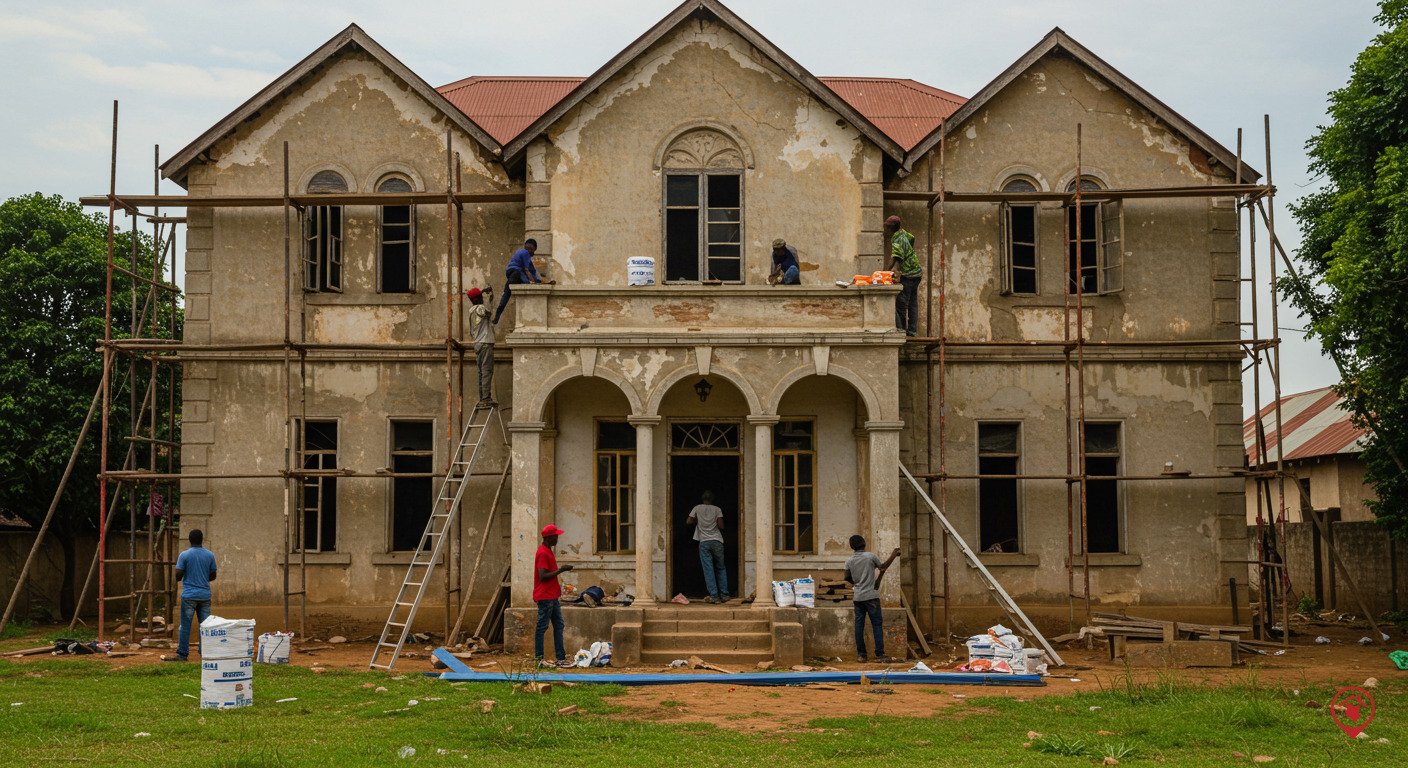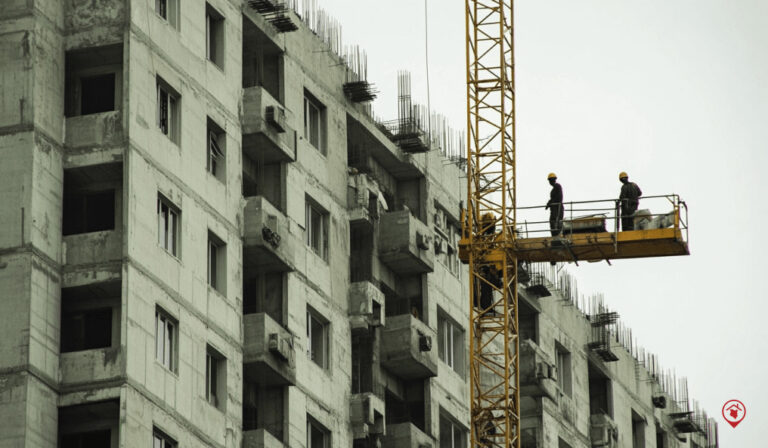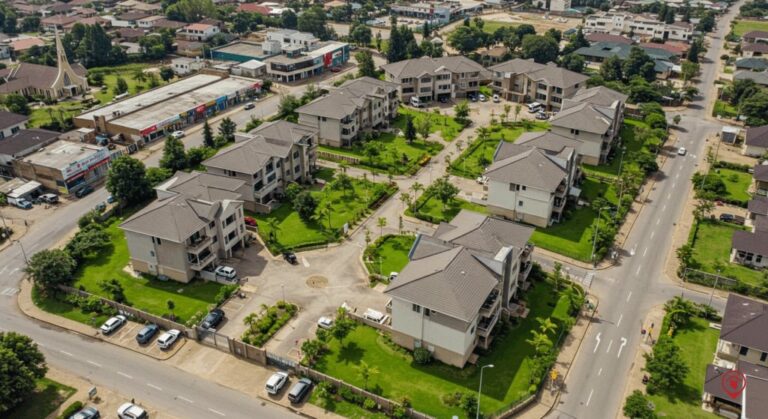Flipping Houses in Kenya: Does It Actually Work?
- Flipping is the art (and business) of buying a property, renovating it, sometimes lightly, sometimes extensively, and then selling it at a profit.
- The golden rule of flipping? Profit is made at the point of purchase, not at the point of sale.
- In a dynamic market like Kenya’s, timing is everything.
- Flipping isn’t for the faint-hearted, but it’s not a pipe dream either.
If you keep up with real estate news, development projects, or market trends, chances are you’ve come across the term “flipping houses.” While the term might not be as mainstream here in Kenya as it is in the West, the concept is slowly gaining traction, and for good reason.
So, what is house flipping exactly? Simply put, it’s the art (and business) of buying a property, renovating it, sometimes lightly, sometimes extensively, and then selling it at a profit. It sounds like a smart way to make money in real estate, and in many ways, it is. But here’s the thing: for flipping to actually work, there are a few non-negotiables that need to align.
READ ALSO: Can You Really Flip Houses in Kenya? Where It & Doesn’t Work
1. The Right Property at the Right Price
The golden rule of flipping? Profit is made at the point of purchase, not at the point of sale. This means the deal has to make sense from the very beginning. You want to buy a property that’s undervalued, maybe it needs a bit of love, has been on the market too long, or is located in an up-and-coming area. It’s not just about finding something cheap, it’s about finding something with potential.
2. Smart, Value-Adding Renovations
Not every renovation is a good investment. That Italian marble countertop may look stunning, but will it drastically raise the value of the home in that neighborhood? Probably not. Successful flippers know how to stretch every shilling, upgrading kitchens and bathrooms, improving curb appeal, fixing structural issues, and modernizing finishes, while keeping a tight grip on the budget.
3. A Keen Eye on Market Timing
In a dynamic market like Kenya’s, timing is everything. Property values in certain areas can rise quickly or stagnate just as fast. Understanding when to buy, how long to hold after renovation, and when to list is crucial. Holding onto a property for too long eats into your returns, especially if you’ve borrowed to finance the project.
4. The Hidden Costs
It’s easy to look at the buy price and the expected selling price and calculate your ‘profit’. But real estate doesn’t work that way. Factor in renovation costs, professional fees (think architects, contractors, agents), legal fees, taxes, loan interest (if any), and holding costs like utility bills. A quick flip can quickly become a long slog if you don’t budget properly.
So… Does It Work in Kenya?
Yes, flipping can work in Kenya—but it’s not a guaranteed win. It demands market knowledge, a solid network of reliable professionals, and a willingness to do the groundwork. The most successful flippers treat it like a business, not a side hustle. They understand neighbourhood dynamics, buyer behaviour, pricing psychology, and even interior trends.
We’re seeing more and more people tap into this strategy, especially in places like Nairobi’s older suburbs, Kitengela, Thika Road, and parts of Mombasa, where older houses can be bought at fair prices and upgraded for a new generation of homebuyers.
Conclusion
Flipping isn’t for the faint-hearted, but it’s not a pipe dream either. If you’ve been toying with the idea, start small. Learn the ropes. Study the market. Visit open houses. Talk to agents. Run your numbers (then run them again). And most importantly, don’t flip based on hype, flip based on strategy.
Kenya’s real estate market is maturing. And with that, more creative investment models—like flipping—are slowly finding their place. Maybe, just maybe, your next real estate move is a flip away from something great.
READ ALSO: Why Commercial Real Estate in Kenya is Facing New Challenges








